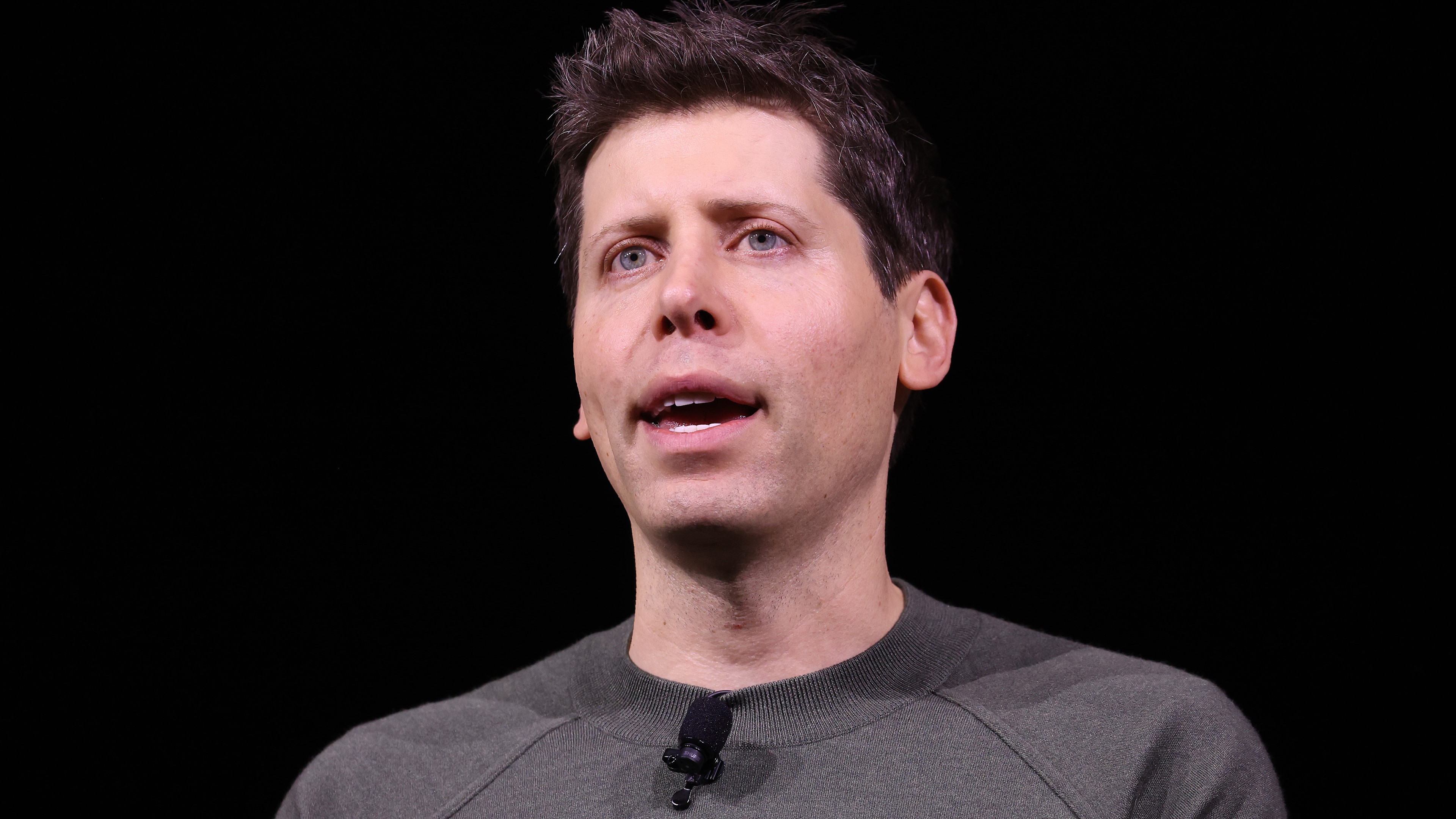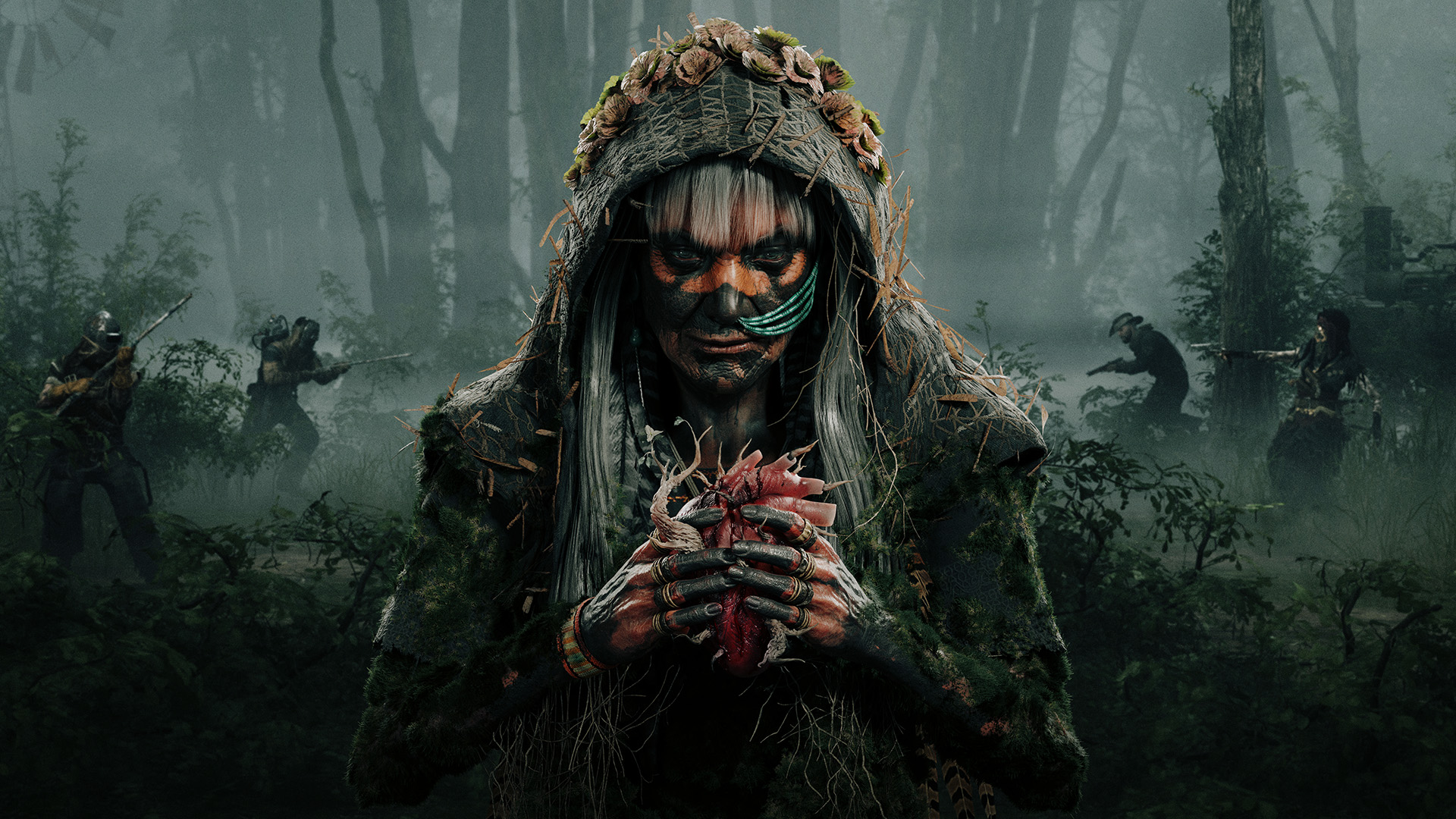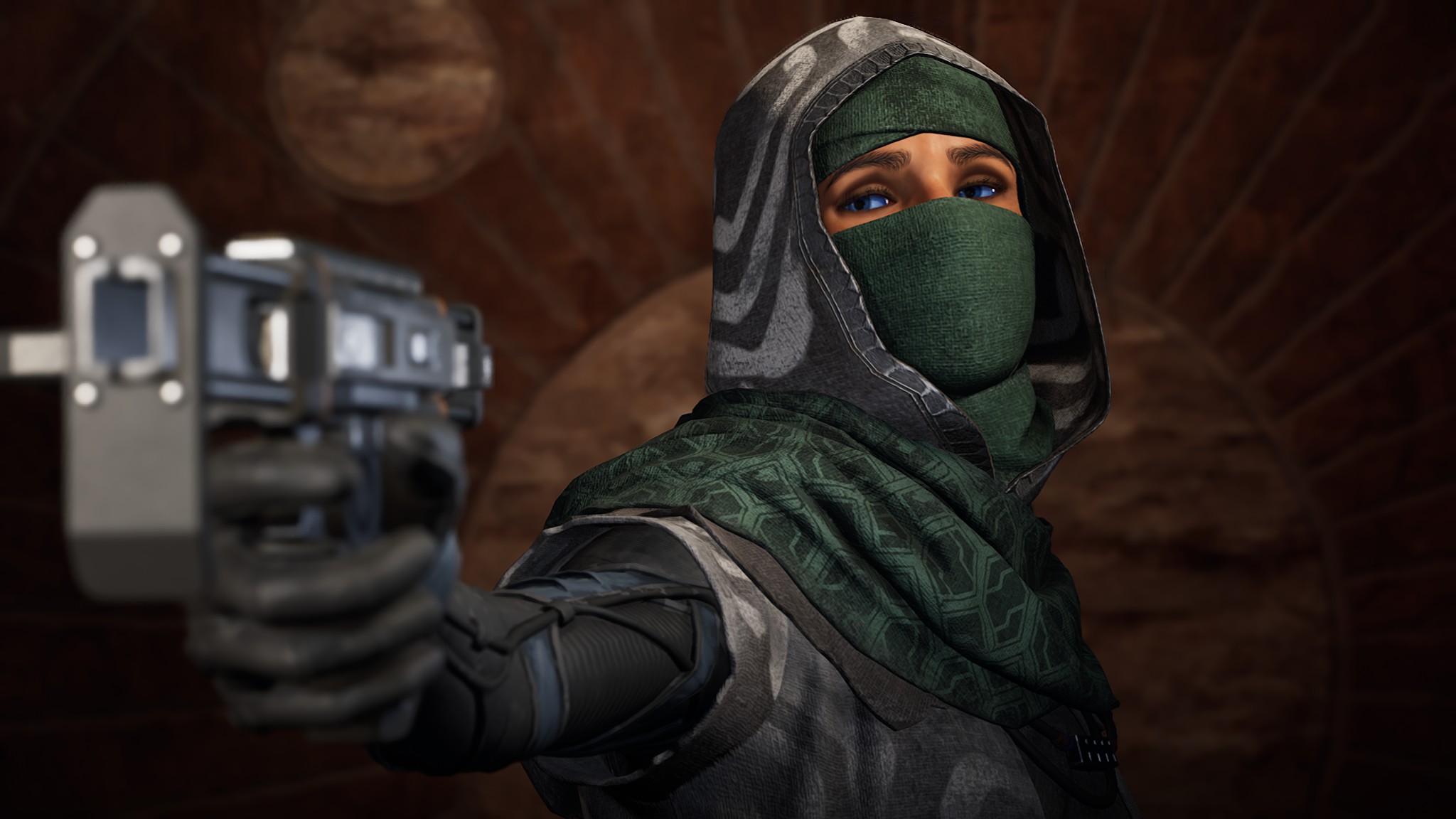
His Royal Altness is apparently entirely dependent on chatbots.
For a chap atop one of the most high profile tech organisations on the planet, OpenAI CEO Sam Altman’s propensity, shall we say, to expatiate but not excogitate, is, well, remarkable. Sometimes, he really doesn’t seem to think before he speaks. The latest example involves his status as a “new parent,” something which he apparently doesn’t consider viable without help from his very own chatbot (via Techcrunch).
“Clearly, people have been able to take care of babies without ChatGPT for a long time,” Altman initially and astutely observes on the official OpenAI podcast, only to concede, “I don’t know how I would’ve done that.”
“Those first few weeks it was constantly,” he says of his tendency to consult ChatGPT on childcare. Apparently, books, consulting friends and family, even a good old fashioned Google search would not have occurred to this colossus astride the field of artificial, er, intelligence.
If all that’s a touch arch, forgive me. But the Altman is in absolute AI evangelism overdrive mode in this interview. “I spend a lot of time thinking about how my kid will use AI in the future,” he says, “my kids will never be smarter than AI. But they will grow up vastly more capable than we grew up and able to do things that we cannot imagine, they’ll be really good at using AI.”
There are countless immediate and obvious objections to that world view. For sure, people will be better at using AI. But will they themselves be more capable? Maybe most people won’t be able to write coherent prose if AI does it for them from day one. Will having AI write everything make everyone more capable?
Not that this is a major revelation, but this podcast makes it clear just how signed up Altman is to the AI revolution. “They will look back on this as a very prehistoric time period,” he says of today’s children.
That’s a slightly odd claim, given “prehistory” means before human activities and endeavours were recorded for posterity. And, of course, the very existence of the large language models that OpenAI creates entirely relies on the countless gigabytes of pre-AI data on which those LLMs were originally trained.
Indeed, one of the greatest challenges currently facing AI is the notion of chatbot contamination. The idea is that, since the release of ChatGPT into the wild in 2022, the data on which LLMs are now being trained is increasing polluted with the synthetic output of prior chatbots.
As more and more chatbots inject more and more synthetic data into the overall shared pool, subsequent generations of AI models will thus become ever more polluted and less reliable, eventually leading to a state known as AI model collapse.
Indeed, some observers believe this is already happening, as evidenced by the increasing propensity to hallucinate by some of the latest models. Cleaning that problem up is going to be “prohibitively expensive, probably impossible” by some accounts.
Anyway, if there’s a issue with Altman’s unfailingly optimistic utterances, it’s probably a lack of nuance. Everything before AI is hopeless and clunky, to the point where it’s hard to imagine how you’d look after a newborn baby without ChatGPT. Everything after AI is bright and clean and perfect.
Of course, anyone who’s used a current chatbot for more than a few moments will be very familiar with their immediately obvious limitations, let alone the broader problems they may pose even if issues like hallucination are overcome. At the very least, it would be a lot easier to empathise with the likes of Altman if there was some sense of those challenges to balance his one-sided narrative.
Anywho, fire up the podcast and decide for yourself just what you make of Altman’s everything-AI attitudes.


